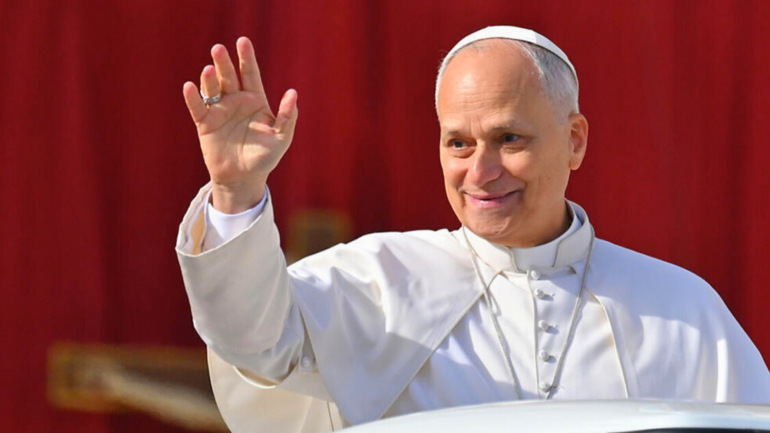Pope Leo XIV’s West Asian Pilgrimage: Returning to Roots, Planting Hope

In a move laden with historical weight and spiritual symbolism, Pope Leo XIV has chosen the cradle of Christianity—West Asia—for his first Apostolic Journey.
From November 27 to December 2, 2025, the Holy Father will travel to Türkiye and Lebanon, a pilgrimage that speaks directly to the heart of the Asian Church: a call to unity in diversity and courage amidst adversity.
This journey is not merely a diplomatic tour; it is a return to the source. As noted by Holy See Secretary of State Cardinal Pietro Parolin, this region is the "cradle of Christianity, where the first communities arose."
For the Church in Asia, which often exists as a minority flock amidst vast diverse populations, Pope Leo’s itinerary offers a profound reflection on identity, dialogue, and resilience.
A Council for the Continent
The centerpiece of the visit in Türkiye is the commemoration of the 1,700th anniversary of the Council of Nicaea (modern-day İznik). It was here that the foundations of our faith—the belief in Jesus Christ as fully divine and fully human—were laid.
For Asian Catholics, Nicaea is a reminder that the definition of our faith took place on Asian soil. In a continent teeming with various philosophies and creeds, the Pope’s presence in İznik is a call to remember the "Rock" upon which the Church stands. By participating in an ecumenical prayer service with Ecumenical Patriarch Bartholomew, Pope Leo is sending a signal that unity is the only path forward.
As Vatican News Editorial Director Andrea Tornielli noted, revisiting a time when the Churches were united is "a sign of hope." For the diverse rites and denominations spread across Asia—from India to the Philippines—this commemoration is a gentle invitation to heal rifts and witness to the Gospel with one voice.
The "Little Flock" and Interreligious Harmony
In Türkiye, the Pope will meet with a small but vibrant Catholic community, as well as leaders of Islam and Judaism. This mirrors the daily reality of millions of Christians across Asia who live side-by-side with brothers and sisters of other faiths.
The Pope’s scheduled visits to the Diyanet (Presidency of Religious Affairs) and the Blue Mosque are not just formalities; they are acts of "unarmed witness." They validate the Asian Christian experience of dialogue of life—showing that distinct faith identities can coexist in peace.
Lebanon: A Message of Courage for Suffering Nations
The second leg of the journey takes the Holy Father to Lebanon, the "Land of Cedars," which has been battered by economic collapse, the 2020 port explosion, and regional conflict. Pope Leo fulfills a promise made by Pope Francis to embrace a people who, in the words of Vatican officials, have heard the "sinister roar of bombs" too often.
The Pope’s message to Lebanon, articulated by Cardinal Parolin, is simple yet powerful: "Keep going, have courage, continue on the path you have begun."
This message resonates deeply with other parts of the Asian Church facing their own "Way of the Cross"—whether through political instability in Myanmar, economic hardship in Sri Lanka, or restrictions on religious freedom in other nations. The visit to Lebanon, and specifically the meeting with youth in Bkerké, is a testament that the Church does not abandon her children in their suffering.
A Mandate for the Asian Church
As Pope Leo XIV prepares to plant a cedar tree at the presidential palace in Beirut and pray at the tomb of St. Charbel—a saint beloved across Asia—we are reminded of the resilience required to be a Christian in this part of the world.
This Apostolic Visit challenges the Church in Asia to:
-
Treasure our Roots: To remember that the light of the Gospel shone early in Asia.
-
Pursue Unity: To see our denominational differences as secondary to our shared confession of Christ, formulated at Nicaea.
-
Be Agents of Peace: To remain steadfast in dialogue and charity, even when surrounded by the "inevitability of war."
Pope Leo XIV has asked the faithful to "accompany me with your prayers." Let us, the Church of Asia, pray that this visit to our continent’s western gates will bring a harvest of peace and a renewed spirit of fraternity for all.








